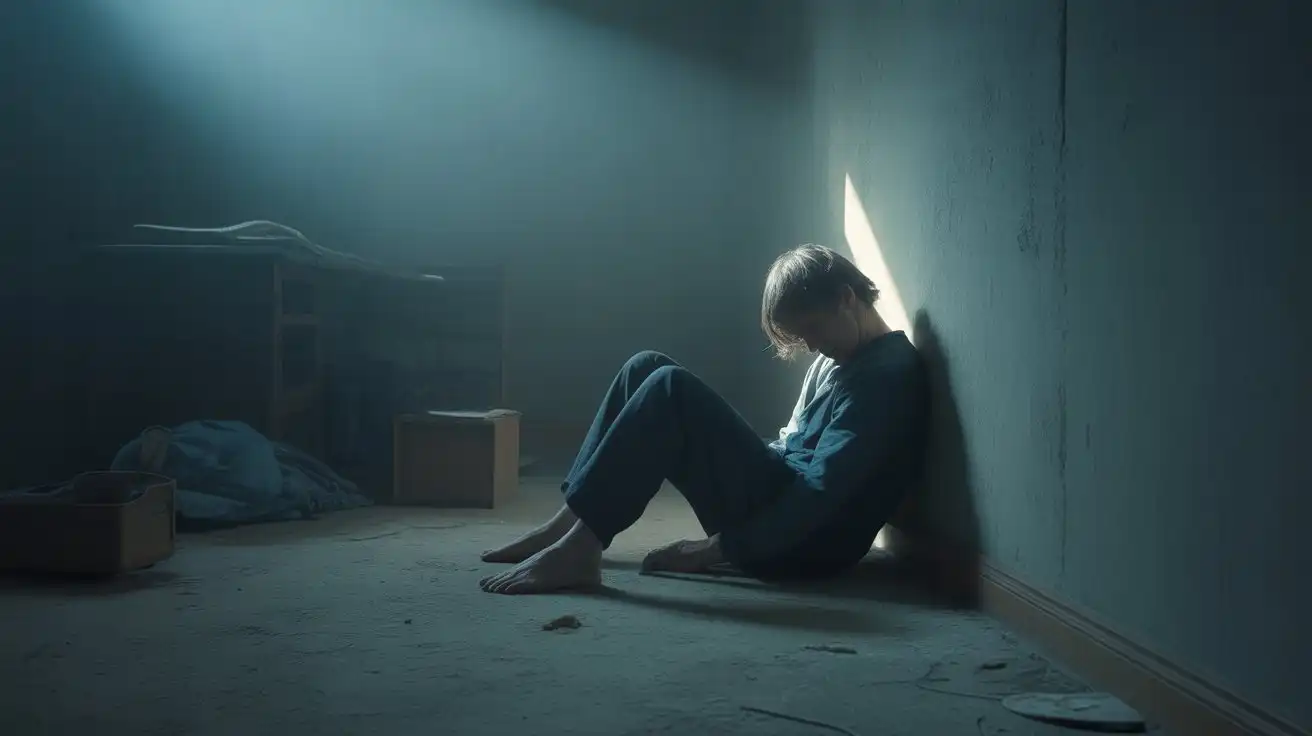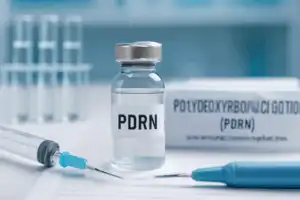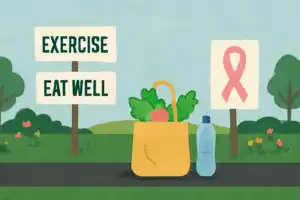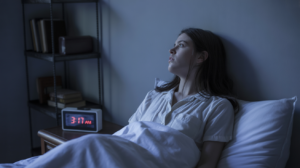Depression is a word many of us are familiar with, but it’s often misunderstood. It’s not just about feeling sad or having a bad day—depression is a complex, serious mental health condition that affects millions of people worldwide. Yet, despite how common it is, there remains a lot of confusion surrounding the topic. What does depression really feel like? How do you recognize it? And more importantly, what can be done about it?
This article will explore the ins and outs of depression, from its symptoms and causes to its treatment options. We’ll also take a close look at how depression differs from stress, a condition many of us are more familiar with. If you or someone you know is struggling with depression, understanding it is the first step toward finding the right help.
What Exactly Is Depression?
When you hear the word “depression,” it’s easy to think it’s just a prolonged period of feeling down. However, depression, also known as major depressive disorder (MDD), is much more than that. It’s a mood disorder that impacts how a person thinks, feels, and behaves, often making it difficult to engage in day-to-day life.
Imagine feeling like you’re stuck in a fog—nothing brings joy, and the energy you once had for things you enjoyed seems to vanish. Depression doesn’t have a clear cause, but it affects nearly every part of your life. It can make simple tasks, like getting out of bed or socializing with friends, feel overwhelmingly difficult.
If you or someone you know has felt this way for weeks or even months, it’s important to recognize that this may be depression. And while it’s serious, it is treatable.
The Common Symptoms of Depression
Depression doesn’t always look the same for everyone, but some signs are consistent across individuals. If you’re wondering whether you might be dealing with depression, look out for these key symptoms:
- Persistent sadness: It’s more than just feeling down for a few days. Depression causes a lingering sadness that’s hard to shake.
- Loss of interest in activities: Things you used to enjoy, like hobbies or spending time with friends, might suddenly feel unimportant or exhausting.
- Fatigue: Depression often leaves you feeling physically and mentally drained, no matter how much rest you get.
- Changes in sleep and appetite: You might sleep too much or too little, and your appetite may change drastically—either eating too much or not at all.
- Feelings of guilt or worthlessness: It’s common for those with depression to feel an overwhelming sense of guilt, even when they haven’t done anything wrong.
- Difficulty concentrating: Depression can cloud your thinking, making it hard to focus on tasks, decisions, or conversations.
- Thoughts of death or suicide: This is a serious and dangerous symptom. If you or someone you know is having thoughts of ending their life, immediate help is essential.
These symptoms often don’t just go away on their own. If any of these resonate with you or someone you care about, it’s important to seek professional help. Mental health professionals are equipped with the tools and resources to guide you toward recovery.
What Causes Depression?
There’s no single cause of depression, and each case can be different. It’s usually the result of a combination of genetic, biological, environmental, and psychological factors. Here are some of the most common contributors to depression:
1. Genetics and Family History
Depression often runs in families. If someone in your family has experienced depression, you may be more likely to develop it as well. However, while genetics can play a role, it doesn’t mean that depression is inevitable. Many people who experience depression have no family history of the disorder.
2. Brain Chemistry
The brain’s chemicals play a big role in how we feel. Imbalances in neurotransmitters—brain chemicals like serotonin, dopamine, and norepinephrine—are often seen in people with depression. These chemicals help regulate mood, and when they’re out of balance, it can lead to feelings of hopelessness and sadness.
3. Hormonal Changes
Hormonal changes can trigger depression, especially in women. Pregnancy, postpartum (after childbirth), and menopause are all linked to hormonal fluctuations that can affect mood. Even thyroid problems can contribute to depression, making it important to get a full medical evaluation if symptoms arise.
4. Life Events and Stress
Stressful life events, such as trauma, losing a loved one, or going through financial hardship, can often act as a trigger for depression. Chronic stress can also contribute to depression, as long-term stress impacts how the brain regulates emotions. Even positive life changes, like moving or starting a new job, can lead to feelings of anxiety and sadness.
5. Health Conditions
Certain medical conditions, like chronic illness, can make someone more susceptible to depression. Conditions such as cancer, heart disease, diabetes, and even chronic pain can worsen mental health, leading to depression.
6. Substance Abuse
Drugs and alcohol are often used as coping mechanisms, but they can worsen depression. In some cases, they can trigger or amplify depressive symptoms, creating a cycle of substance abuse and mental health struggles.
How Is Depression Treated?
While depression can feel overwhelming, it is highly treatable. Most people who seek help can recover or find ways to manage their symptoms effectively. Treatment typically involves a combination of therapy, medication, and lifestyle changes.
1. Psychotherapy (Talk Therapy)
Talking to a mental health professional can help you work through your feelings. Two common therapies used to treat depression include:
- Cognitive Behavioral Therapy (CBT): CBT helps you identify and challenge negative thought patterns that contribute to depression. It’s one of the most well-researched and effective therapies for depression.
- Interpersonal Therapy (IPT): This type of therapy focuses on improving relationships and addressing interpersonal issues that might contribute to depression.
2. Medications
Medications known as antidepressants can help correct chemical imbalances in the brain. The most common classes of antidepressants include:
- Selective Serotonin Reuptake Inhibitors (SSRIs), such as Prozac and Zoloft.
- Serotonin-Norepinephrine Reuptake Inhibitors (SNRIs), like Effexor and Cymbalta.
- Tricyclic Antidepressants (TCAs) and Monoamine Oxidase Inhibitors (MAOIs), which are used less frequently today.
3. Lifestyle Changes
In addition to therapy and medication, lifestyle changes can also help manage depression:
- Exercise: Physical activity can significantly boost mood by releasing endorphins, natural chemicals that help improve mood.
- Balanced Diet: A healthy diet that includes plenty of fruits, vegetables, and whole grains can support both mental and physical health.
- Sleep Hygiene: Establishing a regular sleep schedule and creating a relaxing bedtime routine can improve sleep, which is often disrupted by depression.
4. Alternative Therapies
For some people, complementary treatments like mindfulness, meditation, and light therapy for Seasonal Affective Disorder (SAD) can provide additional relief.
Depression vs. Stress: Understanding the Difference
While stress and depression share some overlapping symptoms, they are different in nature. Stress is typically a reaction to external pressures, and it usually goes away once the pressure is relieved. Depression, on the other hand, is a persistent condition that may not have a clear external trigger. Depression can also lead to a loss of interest in activities, deep feelings of hopelessness, and physical symptoms like changes in sleep and appetite.
Understanding the difference between stress and depression is important because they require different treatment approaches. While stress may be managed with short-term strategies, depression often requires long-term management and care.
Moving Forward: How to Seek Help
If you think you might be experiencing depression, the first step is to reach out for help. It might feel daunting, but there are many resources and professionals who are ready to support you on your journey to recovery. Here are a few things you can do:
- Talk to a mental health professional: Therapy can help you uncover the underlying causes of your depression and give you the tools to cope with it.
- Reach out to friends or family: Having a support network can make all the difference. Don’t hesitate to lean on the people who care about you.
- Take small steps every day: Start with one thing that brings you joy, even if it’s small. Gradually building up to more activities will help you regain your sense of purpose and self-worth.









Be First to Comment